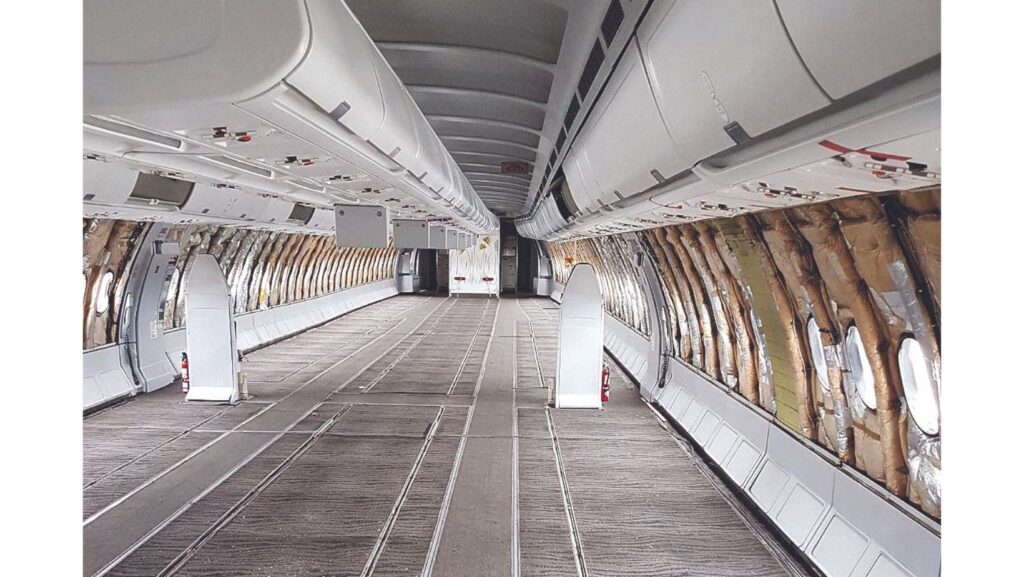Recycling aircraft components: Controlling the quality
Aerocycle’s president and chief executive Ron Haber tells us about the firm’s priorities in maximising the recycling value of aircraft components.
Addressing challenges
Aircraft manufacturers are struggling to meet the demand for new aircraft. This scarcity in production is leading efforts to maintain the airworthiness of the most active types of aircraft and extend their lifespan through proper maintenance and sourcing spare parts.
In this scenario, procuring aircraft for parting out, kitting and sourcing critical components such as engines and avionics is challenging. Correctly assessing the aircraft purchase price, the parts resale value and the decontamination and recycling costs is critical for achieving a satisfactory return on investment (ROI).
Despite the setbacks caused by the Covid-19 pandemic, operations are returning to normal. However, many airlines are temporarily parking aircraft for assessment, which leads to volatility in the market. This, coupled with the rising cost of manpower, machinery and recycling, is impacting our potential returns. So careful analysis of each acquisition is crucial to secure favourable returns.
Importance of certification
Being certified by the Aircraft Fleet Recycling Association (AFRA) and the Aviation Suppliers Association (ASA) underscores our commitment to industry best practices, essential for building trust with our customers.
This article continues after the below picture…

Our military certification (ITAR) further demonstrates our dedication to upholding strict standards. Military certification demands the highest level of quality control and compliance with stringent regulations.
These certifications are increasingly recognised internationally and are crucial for ensuring consistency and quality across borders. Being recognised by these organisations assures our customers of the authenticity and reliability of the parts we source.
Environmental responsibility
While our main base is at Saint-Hubert Airport near Montréal, our mobile team handles contracts across Canada and the US. Regardless of the location, Aerocycle prioritises maximising the recycling value of aircraft components. We have formed partnerships with various industries to recycle various materials, diverting them from landfill. By engaging key industry partners at each job site, we ensure environmentally responsible practices throughout the recycling process.
Adapting recycling processes to accommodate the changing materials used in aircraft construction will be crucial for sustainability. For example, with newer aircraft designs incorporating more composite materials, there will be a need to develop better recycling methods for materials like carbon fibre used in assembly.
Introducing ‘financial planning for recycling’ is a solution I’ve been thinking about. This would involve setting aside a small portion of the monthly lease payment to fund future recycling efforts, ensuring that sufficient funds are available when aircraft reach the end of their operational life. I have discussed this idea with IATA and aim to collaborate with them to explore it further.
Reducing landfill waste remains a priority and requires the development of robust performance indicators to accurately track recycling outcomes.
Additionally, innovative solutions are needed to address challenges exacerbated by the Covid-19 pandemic. For instance, hourly rates for certified staff have risen substantially, adding to the growing financial burden on recycling operations.
This feature was first published in MRO Management – May/June 2024. To read the magazine in full, click here.

